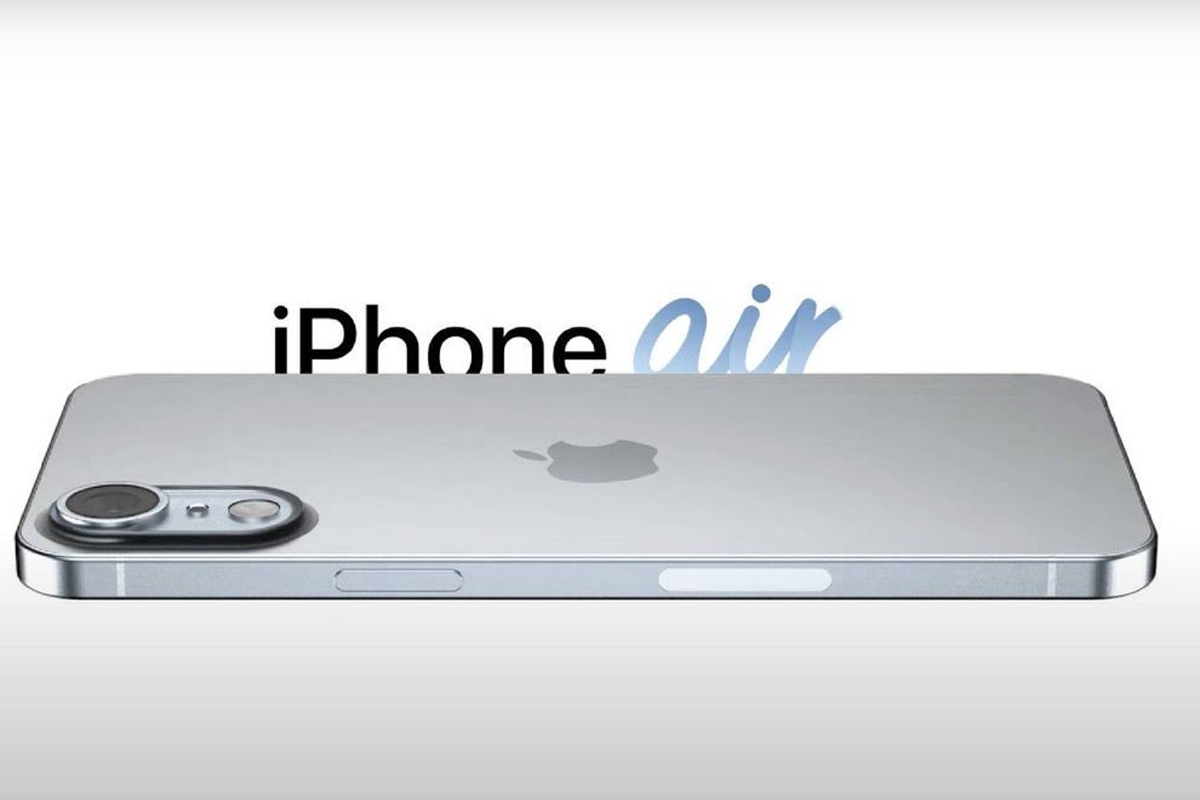Elon Musk is fueling the competition in artificial intelligence (AI) by throwing his resources behind his new AI startup, xAI, a move seen as a challenge to his former colleagues at OpenAI.
In a May 26 blog post, the Musk-led AI startup announced securing $6 billion in a Series B funding round. The Series B funding round for xAI secured a substantial $6 billion, with participation from prominent investors like Andreessen Horowitz, Sequoia Capital, Valor Equity Partners, Vy Capital, Fidelity Management & Research Company, and Saudi Arabia’s Prince Alwaleed bin Talal and Kingdom Holding.
xAI plans to leverage the $6 billion windfall to bring its first products to market, bolster its technological infrastructure, and expedite R&D for upcoming breakthroughs. The company also hinted at imminent announcements regarding new technologies and products.
What is xAI’s Goal?
Aligned with this funding boost, Musk revealed plans to investors for a colossal supercomputer, dubbed the “gigafactory of compute,” specifically designed to propel xAI’s development. “There will be more to announce in the coming weeks,” Musk said in a post on X in response to the funding announcement.
Fueling investor excitement, The Post reported earlier this month that xAI’s valuation was poised to surpass $20 billion. According to Elon Musk, xAI’s pre-money valuation was $18 billion. This fresh infusion of capital inflates the company’s valuation to $24 billion.
This hefty investment fuels the red-hot AI race, where venture capitalists pour significant resources into startups vying to become the next OpenAI.
The Race for AI Supremacy: xAI vs. OpenAI
Having co-founded OpenAI during its non-profit era, Musk departed following a disagreement with leadership. Less than a year later, he spearheaded the launch of xAI, a new player in the AI game.
In a twist of irony, Musk’s xAI faced accusations last year of leveraging OpenAI’s codebase for its chatbot Grok. The company attributed this to the vast amount of web data used to train Grok, which inadvertently included outputs from OpenAI’s ChatGPT, according to co-founder Igor Babuschkin.
xAI’s roots lie in Musk’s social media platform, formerly Twitter and now known as X. There, the company played a key role in developing the Grok AI service. xAI has steadily advanced its Grok product line.
In November 2023, they launched Grok-1 on platform X. This was followed by Grok-1.5 in March 2024, boasting an enhanced “long context capability.” Most recently, they unveiled Grok-1.5V, equipped with groundbreaking image understanding abilities.
Further democratising access to AI, xAI has open-sourced Grok-1. This move empowers developers to leverage this powerful language model for advancements in various applications, optimisations, and extensions.
As the AI race heats up with tech giants pouring resources into the field, a resurfaced video featuring an OpenAI engineer has reignited concerns about the potential impact of AI on jobs.
The video shows Brian Wu, an engineer at OpenAI, admitting, “It’s kind of deeply unfair that, you know, a group of people can just build AI and take everyone’s jobs away, and in some sense, there’s nothing you can do to stop them right now.” Wu responded to an interviewer’s question about preparing for an AI-influenced job market.
According to Wu, people can “petition for regulation and maybe raise awareness of just the problems that are possibly coming.” “Join us and … have one of the few remaining jobs. I don’t know. It’s rough,” he added.







